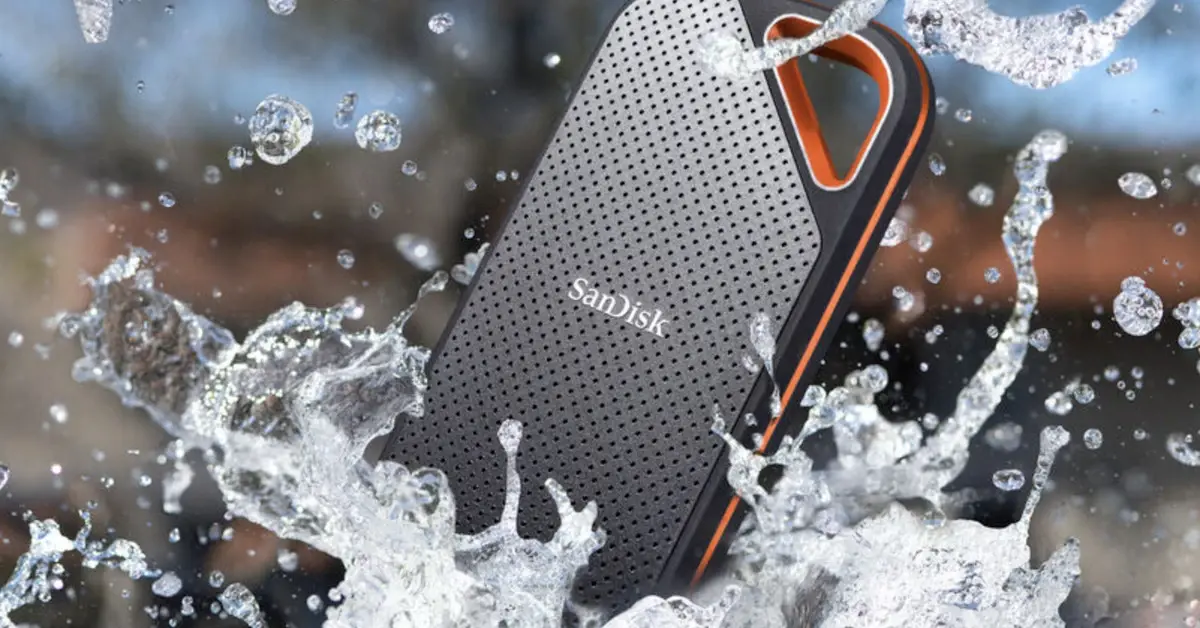
Welcome to your self-wiping stock price WD.

They’re under active litigation, why would they comment about something that they are being sued over? It’s obviously a huge legal issue. Not saying they should just stick to their narrative because they’re obviously wrong, but what are we supposed to expect? They’re not going to give up evidence by publicly releasing details.

They were sued on Tuesday. If you follow the timeline the question were sent in the week before. This has been going on months. Their lack of answers doesn’t have anything to do with the litigation and the company doesn’t cite litigate as the reason for not answering

Prior to a public lawsuit, they were probably still in damage control mode and still wouldn’t have disclosed a lot. That’s pretty standard million dollar corporation shit.

I know a bit about damage control. Carrying on selling the stuff and stonewalling questions would not be in most company’s damage control play books. It does nothing to protect reputation and does actually control any damage.

It’s definitely not unlikely they knew these class-action suits were in the works long before they were formally filed. A lot of times these are not a surprise to a company with a massive legal team.

In which case you get your damage control under way before a case is formally bought.

I was so confused about why both WD and SanDisk were mentioned but I know they are just the same company now?

Oh no, I had multi billion dollar documents and data that got erased… Repay me with no proof.

Why do companies have to behave so shady 😔
There’s aren’t a lot of manufacturers producing 512GB+ micro sd cards… not sure if Sandisk/WD is worth the risk after this news

I wonder how representative the Extreme portable drives are to their SD cards. SanDisk cards have always been extremely reliable. I assume the Extreme drives are fabricated in a different factory or even outsourced to some random Shenzhen plant. Worrying is the idea that they’ve done the same with SD cards.

All the more reason for them to be transparent, name the problem, remove the affected stock from sale, set up some kind of recovery and/or compensation service, and write off the loss. Otherwise “SanDisk” will mean “you have shit on your shoe” forever. In the storage space a brand has to mean “safe” or its dead.
Maybe they are still finding the edges of the problem. Maybe.

These failures don’t have to do with where they’re manufactured - it seems like this is some sort of firmware bug. NAND doesn’t really just choose to wipe itself at random. Actual NAND chip failures are few and far-between, so this is very likely much more than a hardware issue.
That said, I personally have done a lot of testing with WD-manufactured NAND, compared other companies’ NAND - and the WD NAND is pretty crap. I can’t really go into further details than that, though.
Source - I’m an SSD firmware engineer.

We assume WD isn’t outsourcing their firmware engineering. That could explain why they’re so quiet.

I’d personally be super surprised if they were outsourcing their firmware engineering - but I do suppose it’s technically possible.

This is not about microSD cards. This is about some very specific SSD USB hard drives.
Not sure why people would buy these from SanDisk anyway. I generally use Micron for SSDs… they have made various solid state memory products for 20 or 30 years. Not sure where SanDisk came from… I have more heard about flash drives from them and have a bunch of small SD cards myself.

I’m aware of the difference. I was looking from the perspective of WD’s recent track record, with things like advertising DM SMR drives as NAS drives when they aren’t suited as such - I wouldn’t put it past them to make decisions negatively affecting the quality of their subsidaries’ other product segments
For SSDs I buy from any brand really - Sandisk, Crucial, Kingston, and occasionally knock off chinese brands. I like Micron’s offerings (particularly the MX series with PLP capacitor backup and very generous NAND overprovisioning) but you pay a small premium for those.

Yes I should have said Crucial. That is the brand used by Micron. Just got an MX500, 1TB drive for my Wife.
Who are the big names for SSDs anyway. I mean ones that actually make them and sell them, not just brand them? I just recognize Micron/Crucial from the old days. They do memory chips of other kinds so I felt they should know how to do this sort of memory chip… nothing more… do not know how people in the know rate them.

Surely they need to be completely transparent at this point to avoid the Ratners effect? I am certainly never buying SanDisk / Western Digital labelled storage ever again and I will be researching carefully next time I need storage to make sure I don’t buy relabelled stuff.
I currently have SanDisk microSD cards in my DSLR so I will have to think about getting a different manufacturers card in there and saving to both in parallel just in case. I might just bin the sandisk card just to be sure, though. Their name is in the gutter already - do they realise that?
🤖 I’m a bot that provides automatic summaries for articles:
Click here to see the summary
Eleven days ago, we sent these questions to Western Digital’s head of PR and published them publicly on The Verge:
Months after our inquiries, Western Digital continues to sell these drives due to deep discounts, fake Amazon reviews, and issues with Google Search that rank favorable results far higher than warnings about potential failures.
We have now received a response from Western Digital head of PR Robin Schultz, but nothing about the company’s stance has changed.
As The Register reports, California resident Nathan Krum has filed a prospective class action lawsuit, citing breach of contract, fraudulent and unfair business practices, and many other claims.
Western Digital was already forced into a class action settlement over a previous questionable practice: in 2020, the company brazenly tried to sneak SMR drives into its “WD Red” lineup marketed for network-attached storage devices.
The company’s tricks didn’t end there: Western Digital’s NAS disks have started triggering warnings even if there’s nothing wrong with a drive, seemingly to scare people into buying new ones simply after three years have gone by.
Saved 56% of original text.

I have this and use it for work, the hell should I buy instead? It’s working fine but i guess it’s a ticking time bomb?

Lacie and OWC have good records. I work around media managers in film and I’ll still see them on set.
That’s a good sign imo

I just typed in Lacie SSD into Amazon and wouldn’t you know it the second-top result is a sponsored listing for the SanDisk Extreme 2TB with a $5 coupon, 4.7 stars and 46,000 reviews. Now if those reviews aren’t fake I don’t know what is.

They’re likely not fake; odds are there are loads of people who will buy this product and never have an issue. The problem is that some small percentage will experience catastrophic loss, and who wants to roll those dice?

I had one too. Replaced it with an external usb c m.2 enclosure and a Samsung drive. Works great.
I actually cracked open the WD enclosure just out of curiosity. It didn’t seem to have any method to dissipate heat. The new enclosure is all aluminum and has thermal pads so the whole thing is a heat sink.
I wouldn’t be surprised if if the failures come down to overheating.


